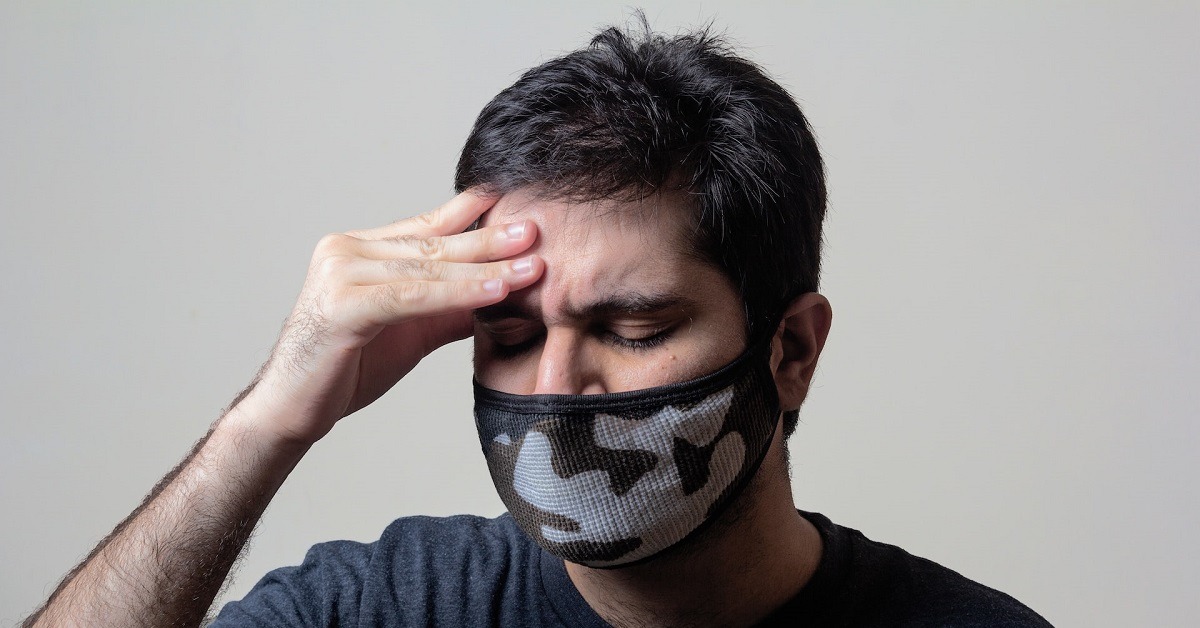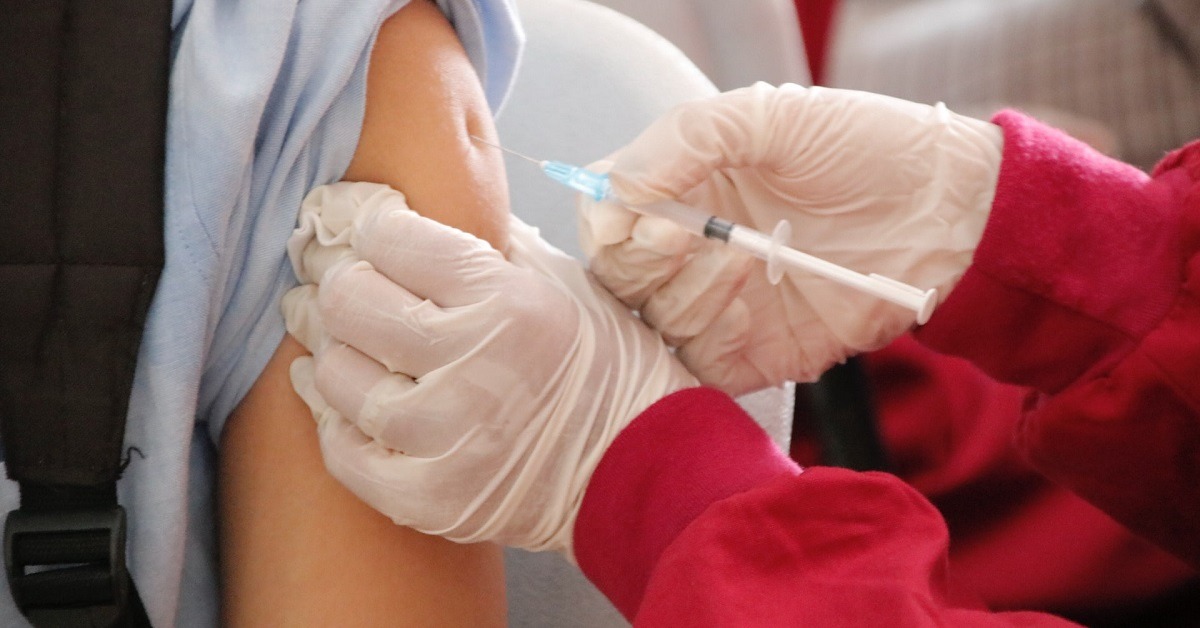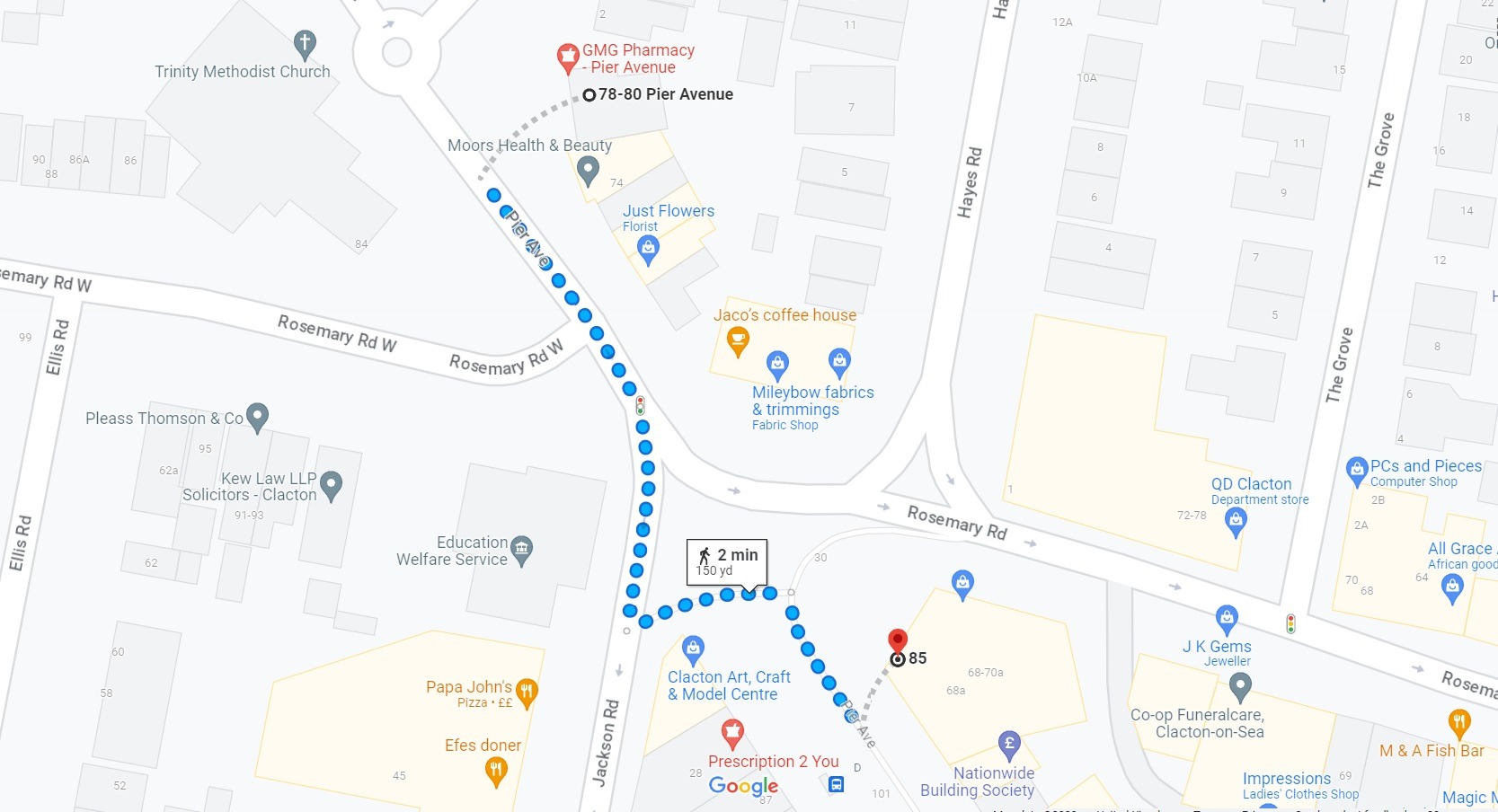How Do You Tell if You Have a Cold or the Flu?

Flu is a common respiratory illness brought on by influenza viruses that can sometimes spread to the lungs as well as the nose and throat. It can lead to mild or severe disease, and occasionally even death. Getting vaccinated against the flu every year is the best approach to prevent the virus. Keep reading to find out the difference between the symptoms of a cold vs the flu in Essex.
What causes the flu?
The bulk of flu epidemics each year are mostly caused by type A and type B influenza viruses. Animals including chickens, pigs, ducks, and whales display type A, while only humans exhibit type B. When an infected person coughs, sneezes, or talks, droplets are released into the air which are the primary means of transmission for both types. A person who is infected can pass the illness to someone else up to 6 feet away. You may also contract the flu if you touch your mouth or nose after contacting an object or surface that has the virus on it.
Symptoms of a cold vs the flu
The primary flu signs and symptoms are as follows:
– Fatigue and weakness
– General aches and pains
– High fever of 38 °C (100.4 °F) or higher
– A headache
– A chesty, dry cough
Sneezing, a sore throat, and other symptoms similar to a cold can also be caused by the flu. These usually go away more quickly than the other symptoms, though.
You should probably get enough rest and stay in bed if you have the flu because you will likely feel very tired.

When should you go to your doctor or pharmacist in Essex?
Consider making an appointment with your doctor or pharmacist if you:
– Are aged 65 years or older.
– Are pregnant.
– Have a long-term condition, like diabetes, lung disease, a heart condition, renal disease, or a neurological disorder.
– Have a weak immune system because of HIV infection or chemotherapy treatment.
– You have difficulty breathing, chest pain, or you begin coughing up blood.
– Your symptoms get worse or don’t seem to improve after a week.
You could occasionally need medicine to either treat or prevent flu-related issues. Antiviral medication may be prescribed by your doctor to lessen your symptoms and accelerate the healing process.
How can I tell the difference between the symptoms of a cold vs the flu?
The main difference between a cold and the flu is that they are both caused by wholly different viral strains. In contrast to flu symptoms, which appear rapidly, cold symptoms are typically much milder. You can tell if you’re sick with the flu. When you have the flu, you can anticipate getting a fever, sore throat, runny nose, cough, chills and achy muscles and joints. A runny nose and a sore throat are typical symptoms of a cold. The flu is far less prevalent than colds.

How can I treat the flu?
Most people do well when recovering from the flu at home. Your body should fully recover from the illness in a few days. Get adequate sleep and stay hydrated by drinking lots of water to help with your recovery. If it’s safe, you can cure flu symptoms with the drugs listed below:
– Take cough syrup to fight off a cough
– Paracetamol to lower your fever
– Ibuprofen to relieve sore muscles
– A decongestant to relieve congested nasal passages
How can I prevent myself from catching a cold or the flu?
You can avoid contracting the flu by getting vaccinated. Every year, a new vaccine is developed by scientists based on knowledge of the most anticipated influenza viruses to develop. The vaccine usually contains influenza A (H1N1), influenza A (H3N2), and possibly one or more influenza B viruses.
Another effective flu prevention method is ensuring that you wash your hands regularly. This is because touching your mouth or nose after contacting a contaminated surface can allow the virus to spread. Wash your hands frequently with soap and water throughout the day and avoid touching your face. In the absence of soap or water, you can alternatively use an alcohol-based sanitiser.
Developing healthy habits such as getting enough rest and exercising, controlling your stress, eating a balanced diet, and drinking plenty of water are other excellent recommendations.

How can you treat symptoms of a cold or the flu here in Essex?
To get relief for minor illnesses like a cold, cough, or sore throat, schedule an appointment or visit G.M. Graham Pharmacies in Essex. Additionally, you’ll find out more about the differences between the symptoms of a cold vs the flu.
This post was written on behalf of G.M. Graham Pharmacies by Pharmacy Mentor.
